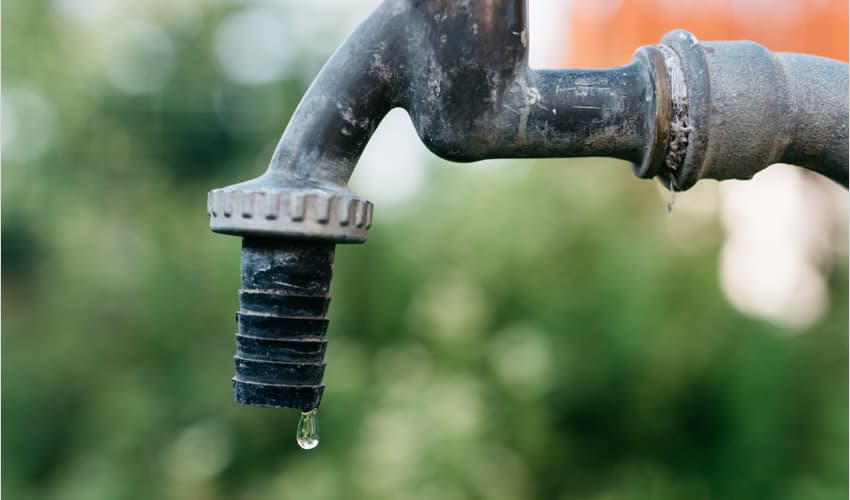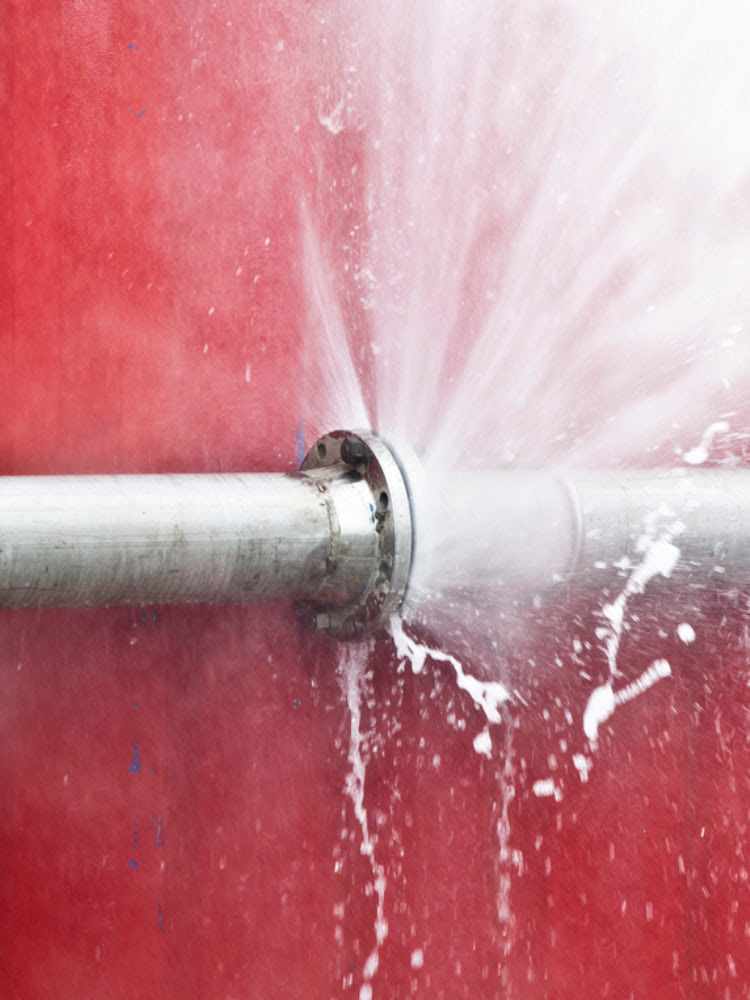Primary Six Reasons Why Water Leaks Occur in Homes: Essential Insights
Primary Six Reasons Why Water Leaks Occur in Homes: Essential Insights
Blog Article
The content in the next paragraphs pertaining to Most Common Causes of Leaky Pipes is exceptionally fascinating. You should give it a look.

Leakages not only cause waste of water but can also trigger unnecessary damage to your residence and also advertise undesirable organic growth. Water leaks may go unnoticed since many of the pipework in our residence is concealed. By looking and understanding for day-to-day scenarios that trigger leaks, you can protect your residence from future leakages and also unneeded damage. Today, we will look at 6 leak causes that may be causing your pipelines to trickle.
Immediate temperature adjustments.
Extreme temperature level changes in our pipelines can trigger them to broaden and also contract unexpectedly. This expansion as well as contraction might create splits in the pipelines, particularly if the temperature are below freezing. If you maintained an eye on how your plumbing functions, it would be best. The existence of the previously pointed out scenarios frequently suggests a high threat.
Corroded water systems
As time goes by, your plumbing system ages and rust such as corrosion may start gnawing the pipelines. This might be the root cause of staining or bending on your water pipes. This calls for an assessment with your plumber instantly. Take into consideration replacing the pipes because they are at a higher threat of deterioration than the newer models if our plumbing system is old.
Defective Pipe Joints
The point at which your pipes connect is frequently the weakest link in the waterline. Pipe joints can deteriorate in time, resulting in water leaks. Sadly, most of pipeline joints are not conveniently noticeable. If you have loud pipes that make ticking or banging noises, particularly when the hot water is turned on, your pipe joints are probably under a great deal of stress. It is a good idea to have your plumber inspect your system once a year.
Intruding roots
A lot of water leakages begin outside your home rather than inside it. If you notice an abrupt decline in water pressure, say in your faucet, take some time to go out and also analyze your lawn. You might see damp spots or sinkholes in your backyard, and that might suggest that tree origins are invading water lines causing water to permeate out. You can have your plumber look for breach, particularly if you have trees or shrubs near your residential or commercial property.
Poor Water Connectors
At times, a leakage can be created by loose tubes as well as pipelines that supply your devices. In situation of a water links leak, you might discover water running straight from the supply line or puddles around your devices.
Clogged Drains
Obstructed drains may be irritating and also inconveniencing, but they can occasionally end up triggering an overflow bring about rupture pipelines. Keep eliminating any kind of materials that may drop your drains that might obstruct them to avoid such hassles.
All the above are sources of leakages but not all water leakages arise from plumbing leaks; some leaks may originate from roofing system leakages. All leakages must be fixed instantly to prevent water damages.
Leakages not only trigger waste of water however can additionally trigger unneeded damages to your home and promote undesirable organic development. By looking as well as comprehending for day-to-day scenarios that cause leaks, you can secure your residence from future leakages and unnecessary damage. Today, we will look at six leak triggers that may be triggering your pipelines to trickle.
At times, a leakage can be created by loosened hoses and pipes that supply your home appliances. In situation of a water links leakage, you might observe water running straight from the supply line or pools around your home appliances.
TYPES OF WATER LEAKS YOU SHOULD BE FAMILIAR WITH
Shower Fixture Water Leaks
If you notice a water leak near your shower fixture, perform an inspection to confirm if you are able to find broken caulk lines. As your shower fixture becomes older, it is not uncommon for water to leak onto the other side of the frame. To fix this type of plumbing leak, scrape off the old caulk and run a new bead of it around the shower fixture to seal up any fractured crevices and holes.
Bathtub Drainage Water leaks
To fix this type of leak in a bathtub, remove the drain flange and clean it. Next, you should also remove the rubber gasket located beneath the tub’s drain hole. Buy a replacement gasket that matches the old version and install it in the same location. Once the drain flange and rubber gasket are installed, apply a small amount of silicone caulk to the drain to prevent water leakage below your tub.
Water Pipe Leaks Behind Walls
Issues such as discolored grout and loose shower tiles may be caused by a water pipe leak behind the walls in your bathroom. To fix this plumbing leak, you will be required to remove the tiles, grout, or caulk in your shower. Once the tiles in your shower have been removed, perform an inspection of the drywall to confirm if it’s moist or wet. If you notice water marks or mold on the wall, this is an indicator of a water pipe leak.
Toilet Leaks
Nobody likes a toilet leak. It can cause water damage to the subfloor, joists, or even the ceiling in the room below. To combat this type of water leak, you will need to reinstall your toilet with a brand new ring of wax. If the toilet sits uneven, be sure to add toilet shims to correct the issue. Do you notice a broken bolt slot or flange? We recommend performing a new metal flange installation to remediate this issue.
Sink Water Leaks
To prevent damage to the beautiful counter tops in your kitchen or bathroom, tighten the base of your sink to prevent a water leak. Next, scrape away any old caulk around the sink and apply a fresh coat. Prior to using the kitchen or bathroom sink, you will need to secure the fixture to the countertop with the clips located beneath the sink rim to prevent a water leak.
https://www.fenwickhomeservices.com/blog/6-types-of-water-leaks-you-should-be-familiar-with/

As a reader about How Fast Water Damage Can Ruin Your Home, I thought sharing that post was really useful. Sharing is nice. You won't know, you could be doing someone a favor. Thank-you for going through it.
Visit Site Report this page